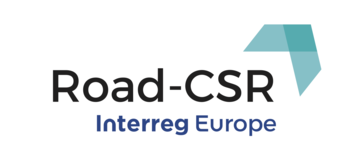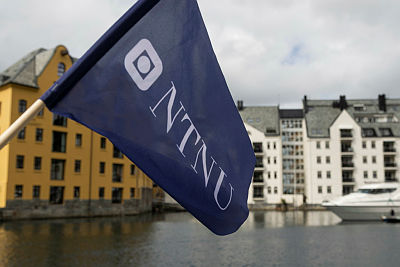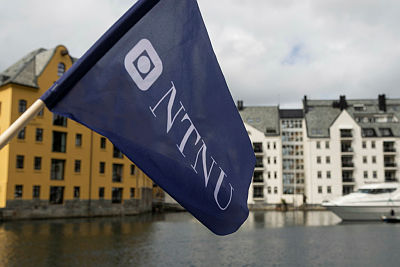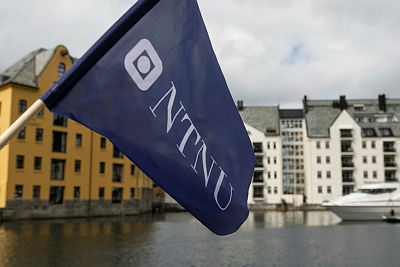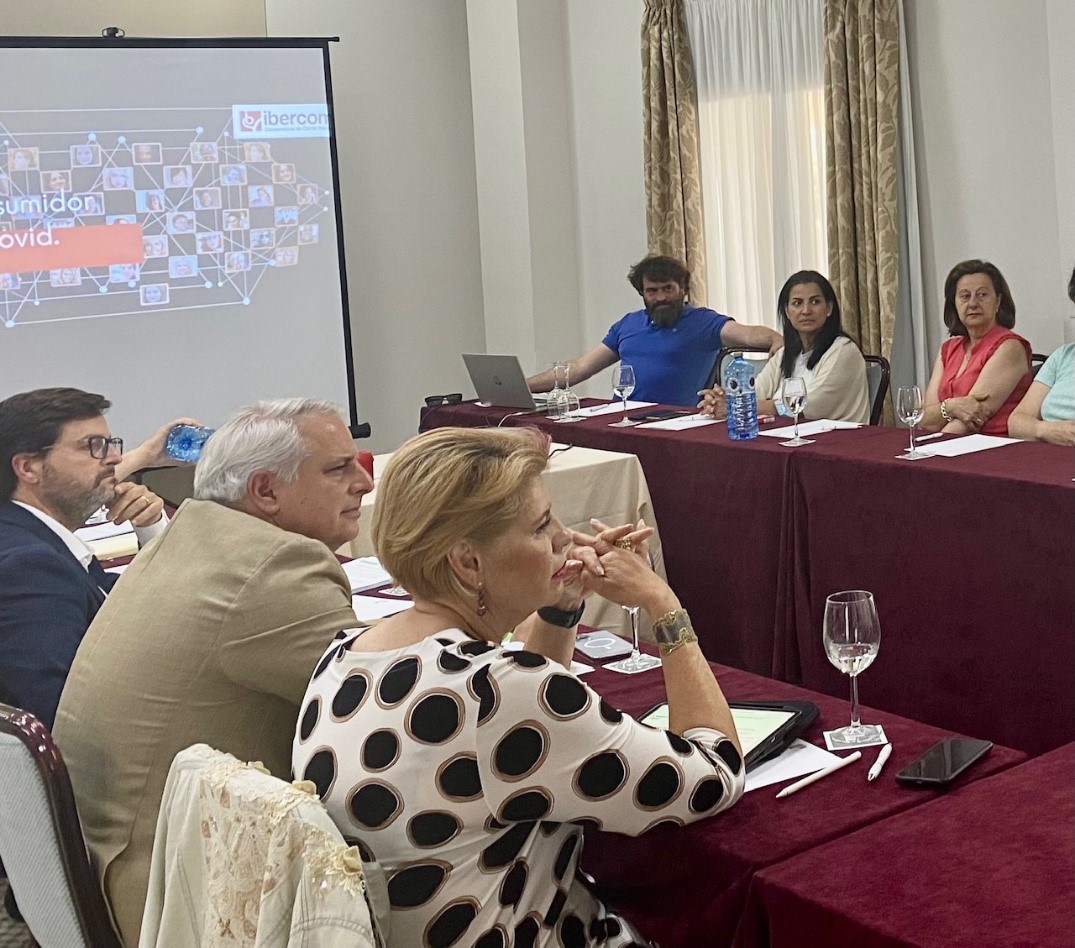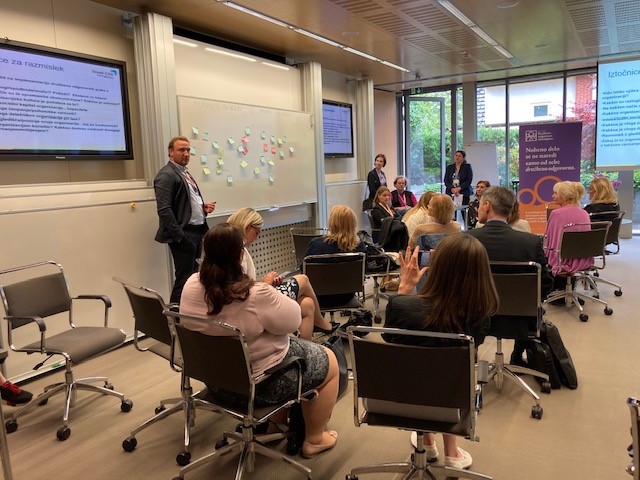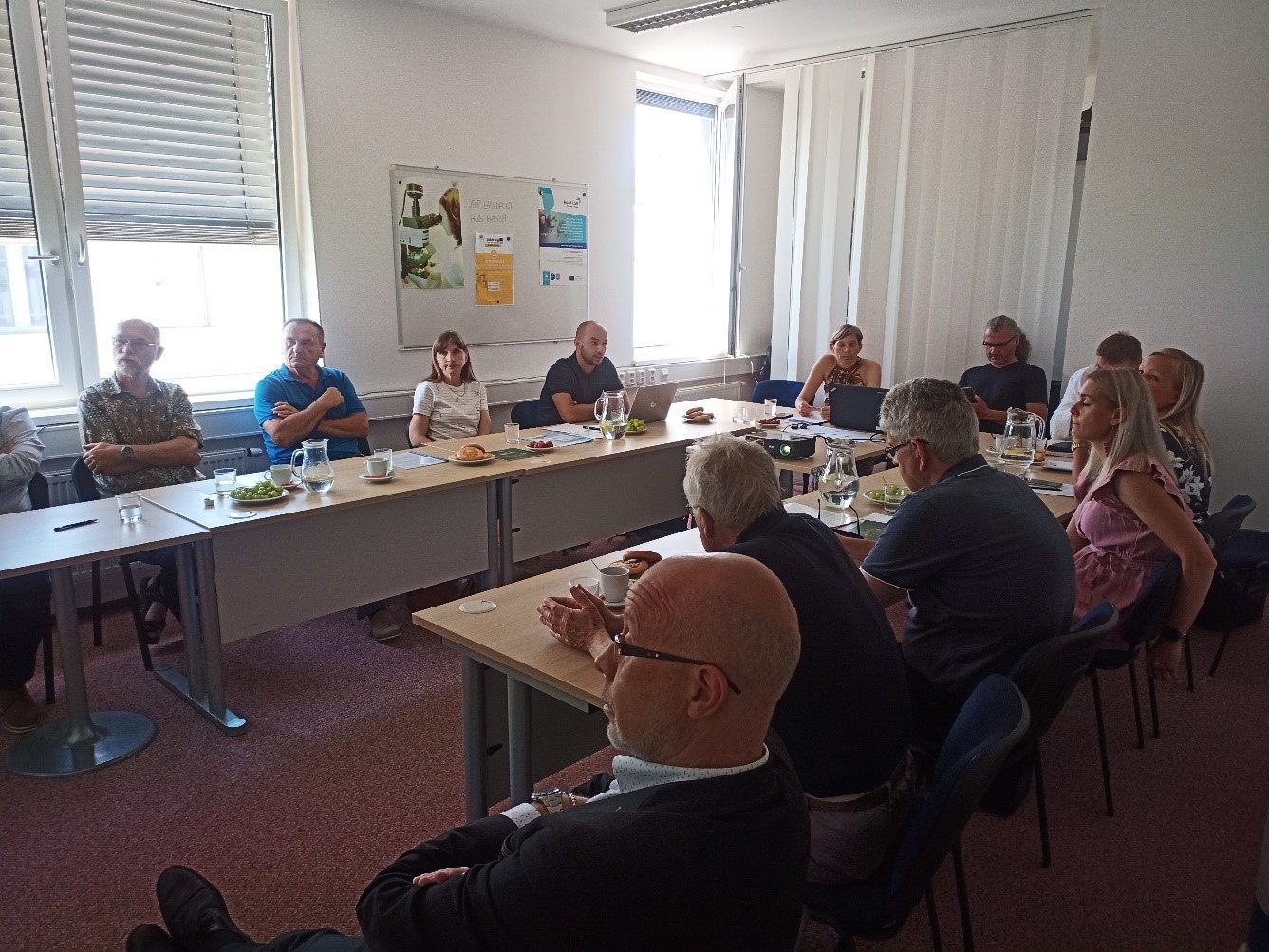The 1st Summer School of Corporate Social Responsibility, organized by the Region of Crete in cooperation with the Lifelong Learning Centre of the Hellenic Mediterranean University in the framework of the pilot action of the European project “ROAD-CSR”, was held in Heraklion Crete on 24th until 29th of August 2020.
The participation in the Summer School’s program was free of charge and the beneficiaries were entrepreneurs or business executives of Crete. Eleven (11) mentors of Corporate Social Responsibility, twenty-five (25) mentees - participants (entrepreneurs and employees of local companies) and five (5) experts of local companies were involved in the pilot action.
The main purpose of the Summer School was to bring in contact experts of Corporate Social Responsibility (mentors) with local companies, local organizations and raise their awareness on CSR, identify their needs, and best practices regarding CSR. After the online session, the mentees have risen their awareness on Corporate Social Responsibility (CSR) principles.
Helping entrepreneurs to apply the new directive and measures in the priorities of their own businesses, so that SMEs can increase their competitiveness and sustainability.
Summer School on Corporate Social Responsibility in the Region of Crete had two main objectives, based on the scopes of the program Road-CSR and on the procedures used for planning and implementing activities regarding business responsibility:
• Information and awareness regarding current international trends in business opportunities through the creation of sustainable and shared value.
• Training on sustainability management, responsible business practices and tools for making public business responsibility.
Following these objectives, the learning outcomes were identified as:
• Highlighting business opportunities and the benefits of sustainable development.
• Highlighting how business responsibility can enhance a company's competitiveness.
• Presentation of roadmap, steps and contents of a business responsibility action plan.
• Presentation of the structure of a business responsibility action plan and its connection with administrative practices.
• Presentation of the steps for the publication of the accountability report.
In the above context, the team worked on the design and preparation of the educational material. After investigating the current status in the respective literature, as well as the internationally used practical approaches of business responsibility, the following educational modules were developed:
• Current issues of sustainable development and business responsibility.
• Current experiences and good practices in issues of corporate social responsibility
• The business opportunity of sustainable development
• Business responsibility as a competitive advantage
• Creating sustainable and shared value
• Evaluation of substantive issues in the value chain through stakeholders
• Business responsibility action plan
• Making public business responsibility data
• The respective legal framework in Greece
From the beginning (preparation phase) until the end (courses and meetings) of the summer, several issues appeared to be of particular importance for the current status and the further promotion of the Corporate Responsibility in the region of Crete. It became clear that it is necessary to organize Corporate Responsibility actions in a more permanent basis. Particular issues raised during these discussions are:
a) Companies seem to be either afraid to take Corporate Responsibility actions, or they do not know how to proceed with them. Also, in many cases it is not clear to them how to connect Corporate Responsibility with marketing.
b) There has been a sense that there is often a different perspective about Corporate Responsibility between senior managers and others in the hierarchy of a company, including owners. However, Corporate Responsibility is a universal philosophy for business,
c) Concerns were also identified about the necessity of a Corporate Responsibility department in the organization chart.
d) Most important however, is a lack of knowledge about the strategic nature of Corporate Responsibility since most companies treat it simply as charity.
The main idea of “Socially Responsible Cretan Business – Mentoring Programme” is based on the best practice “DIRSE Mentor Programme” identified by Partner 3 – General Directorate of Labor, Regional Ministry of Education and Employment of the Government of Extremadura (Spain) during phase 1 of Road – CSR project.
For further inofrmation you can visit the CSR Observatory Platform available at the following link http://ris3.crete.gov.gr/eke/ or contact the project team of ROAD-CSR in the Region of Crete: Katerina Vlasaki (coordinator, [email protected]), Katerina Rousaki (communication manager, [email protected]) and Christos Bilios ([email protected])

